Description
Chaga’s magical power is to concentrate the nutritional compounds found in the host it clings to. Research identified over 200 active compounds in chaga. It is exceptionally rich in a wide variety of nutrients including B-complex vitamins, potassium, vitamin D, calcium, iron, zinc, selenium, copper, magnesium, fiber, sterols and a variety of amino acids. Foremost though are beta-glucans, polysaccharides, triterpenes, and polyphenols, as well as white compounds found in birch bark betulin (or betulinol) and betulinic acid. It is the unique combination of these nutrients working together that gives chaga its immense therapeutic prowess. Chaga has been studied extensively and found to have numerous health benefits.
Immunity –The most common use for chaga is for immune system support. The unique combination of polysaccharides and beta-glucans, together with its nutrient profile work together to target immune system health. Chaga works by regulating the production of cytokines. Cytokines are the immune system’s chemical messengers that help cells communicate with one another. They play a vital role in stimulating white blood cells, which are the immune system’s first line of defense against a range of illnesses. Chaga has been shown to have activity against several different types of viruses, including some viral types with long-term and even lethal effects.
Antioxidant- Chaga is the richest fugal source of antioxidants (as can be seen by its deep orange inside colour). Antioxidants are the classification of compounds that help prevent cell damage and mutation caused by free radicals or oxidants. When the body does not have sufficient antioxidants to prevent this damage, oxidative stress occurs, which can cause cancer and a host of other health problems and accelerate the aging process. Physical signs of aging, such as wrinkles, sagging skin and gray hair can all be attributed to oxidation. Exposure to sun, pollution and other sources of damage create too many free radicals for the body to neutralize, which accelerates the aging process of the skin. Chaga has been shown effective in fighting oxidative stress. Studies have found that compounds found in chaga and some other mushrooms cause tumor cells to self-destruct. Unlike other treatments, however, chaga does not appear to harm healthy cells. Researchers are excited and are continuing to expand their research in this area.
Cholesterol & Blood Pressure- Chaga is rich in antioxidants and fiber, which have been shown to reduce low-density lipoprotein (LDL), the so-called “bad” cholesterol and help normalize blood pressure. High cholesterol and high blood pressure are significant risk factors for heart disease, so chaga mushrooms can be useful in the fight against cardiovascular disease.
Inflammation –Excessive Inflammation is now being linked to just about every health condition. Inflammation is part of the body’s immune response, and it isn’t always bad. What is inflammation? When it’s under control, it’s the body’s natural defense against damaged cells, viruses, bacteria, etc. It aims to remove these harmful or foreign invaders and heal the body. Without inflammation, wounds would just fester and infections could be deadly. Once repaired, the inflammation ends. The problem arises when inflammation doesn’t stop.
Chronic inflammation keeps your body on high alert and damages tissue. What causes it? Poor diet, stress, minor food allergies, a sedentary lifestyle are prime culprits. Chaga’s role in regulating cytokine production may also help control inflammation. This points to a role for chaga in fighting autoimmune conditions and possibly some other diseases.
Blood Sugar –Chaga has blood sugar lowering properties. An increased level of glucose in the blood following meals plays a role in the development of type 2 diabetes (90% of diabetes are type 2). Chaga has been shown to inhibit alpha-glucosidase, an enzyme involved in carbohydrate digestion. Through inhibiting this enzyme, chaga acts as a hypoglycemic agent by reducing glucose absorption thereby reducing carbohydrate’s effects on blood glucose.


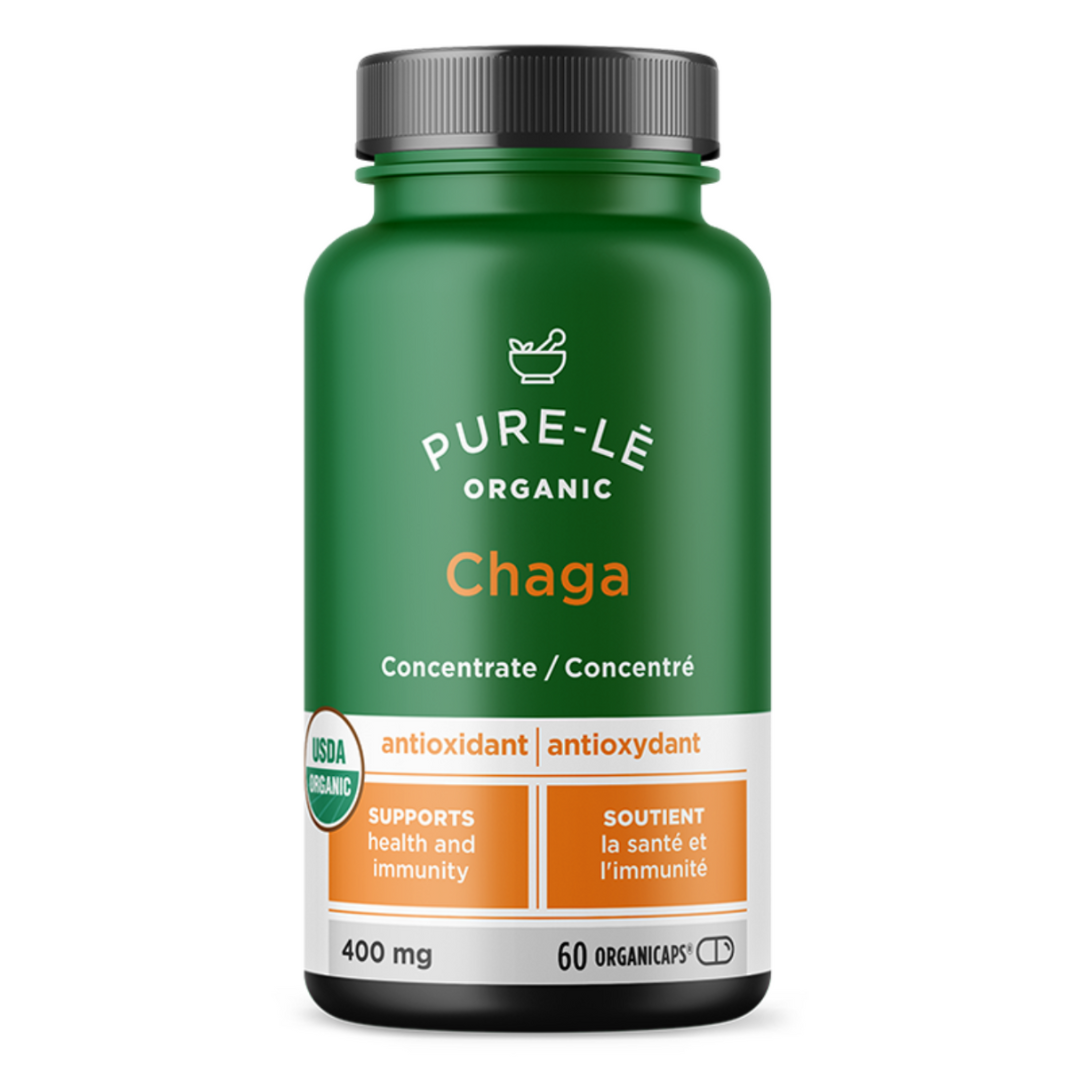




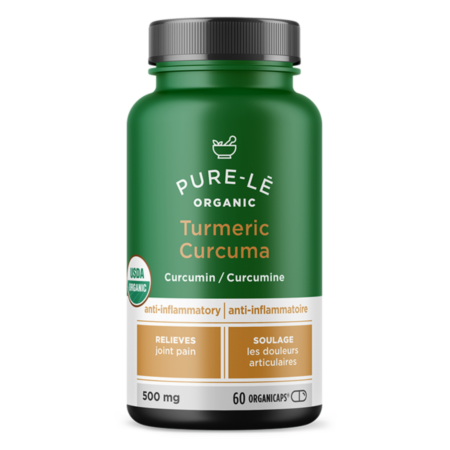
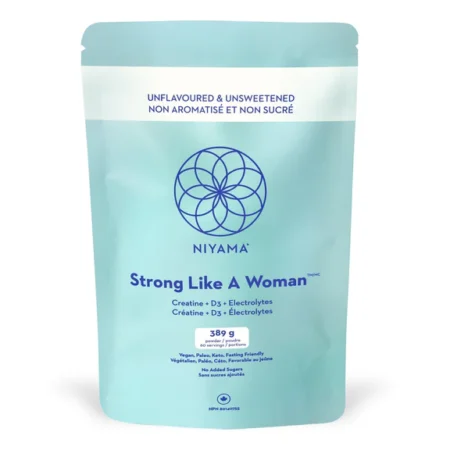

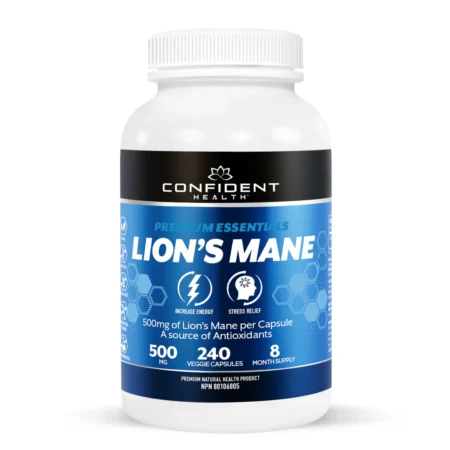
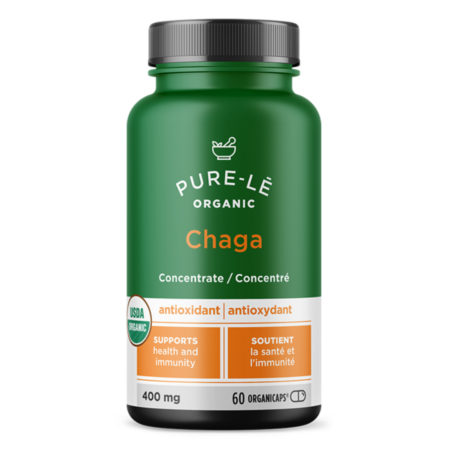
Reviews
There are no reviews yet.